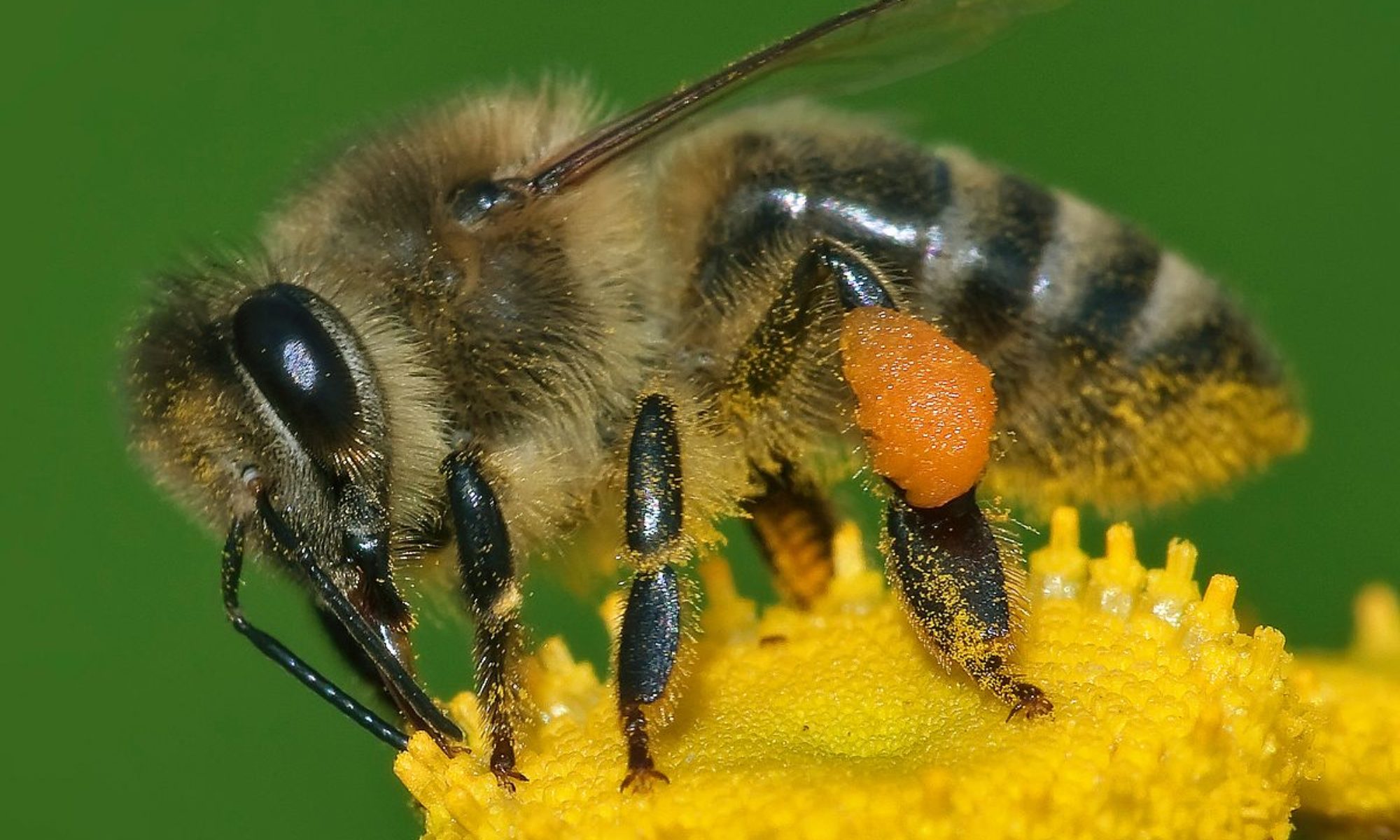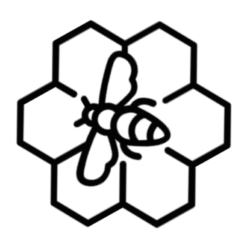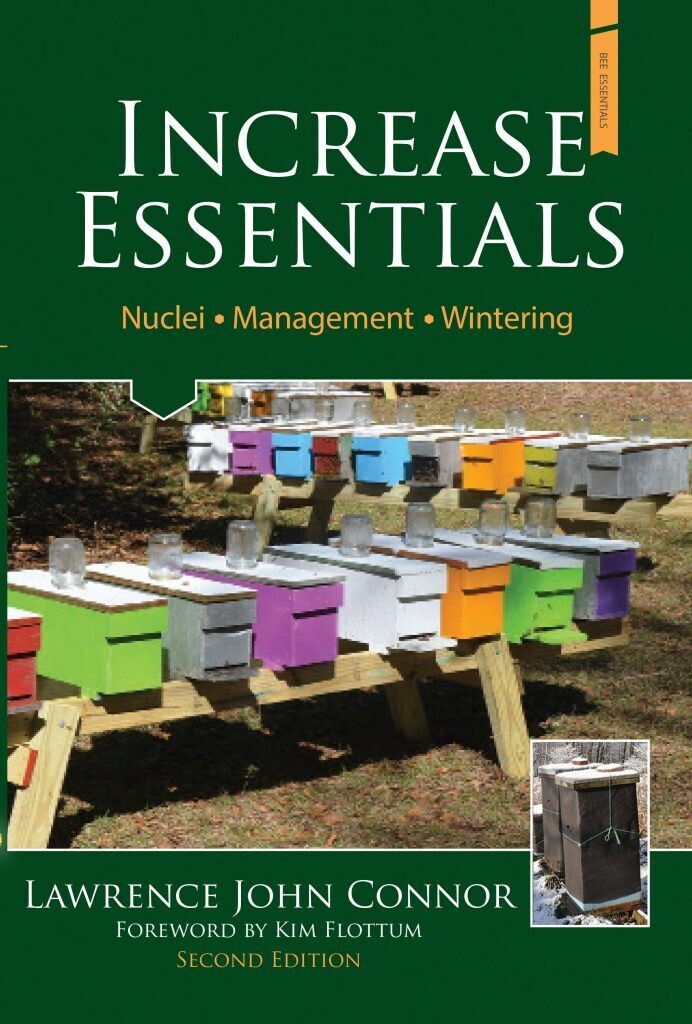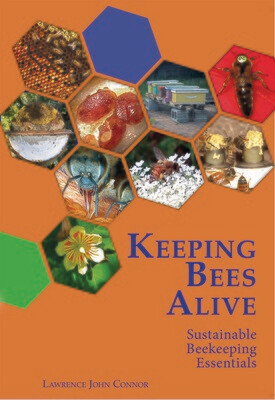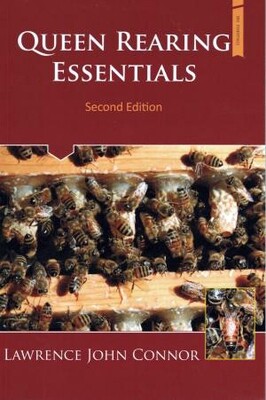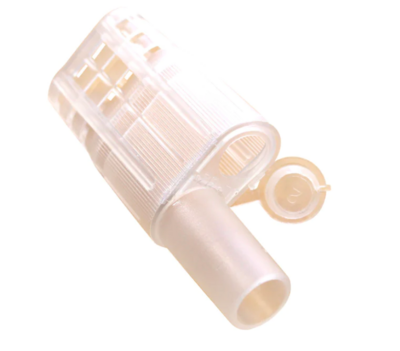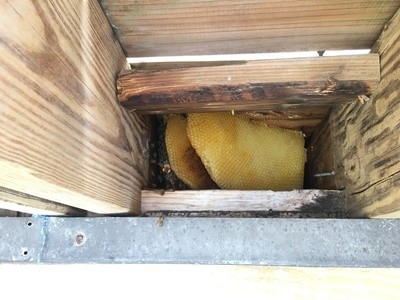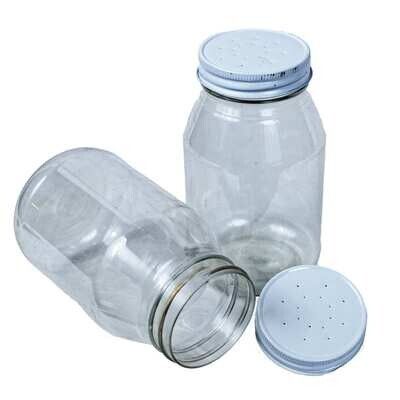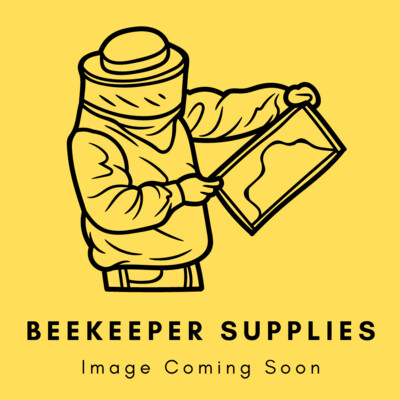Edu Book | Increase Essentials | Author: Dr Larry Connor
Product details
- Publisher : Wicwas Press; Second edition (June 3, 2014)
- Language : English
- Paperback : 176 pages
- ISBN-10 : 1878075357
- ISBN-13 : 978-1878075352
- Item Weight : 10.4 ounces
Product detailsProduct details
The essential book on making new bee colonies and using nuclei as a means of varroa mite control and keeping spare queens available for use to replace failed queens in full-sized colonies. One of the most successful and influential books at Wicwas Press, this book is widely used in introductory beekeeping courses. Emphasis on use of local queens and local bees for successful beekeeping.
This second edition contains updated materials as well as full color photos and diagrams.
This book explains why and how beekeepers can use increase nuclei to solve problems in the beeyard and use them to winter colonies and provide a reliable source of fresh bees, locally acclimatized queens, replacement hives and colonies for operational growth or sale. Connor draws on the concepts of Langstroth, Doolittle, Brother Adam, Mike Palmer and more while integrating his unique academic and commercial beekeeping experiences into this concise and thought-provoking second edition. Adding more methods of making increase colonies and recent developments in the science of bee biology, the second edition expands on its predecessor with rich, colorful photography and diagrams. In less than a decade, the beekeeping industry has made a wide-spread shift to increase nuclei colonies as a means of producing new colonies in the face of heavy losses from poor nutrition, pesticides, virus-mite interactions and general climate change.
Product Details
- Publisher : Wicwas Press; Second edition (June 3, 2014)
- Language : English
- Paperback : 176 pages
- ISBN-10 : 1878075357
- ISBN-13 : 978-1878075352
- Item Weight : 10.4 ounces
